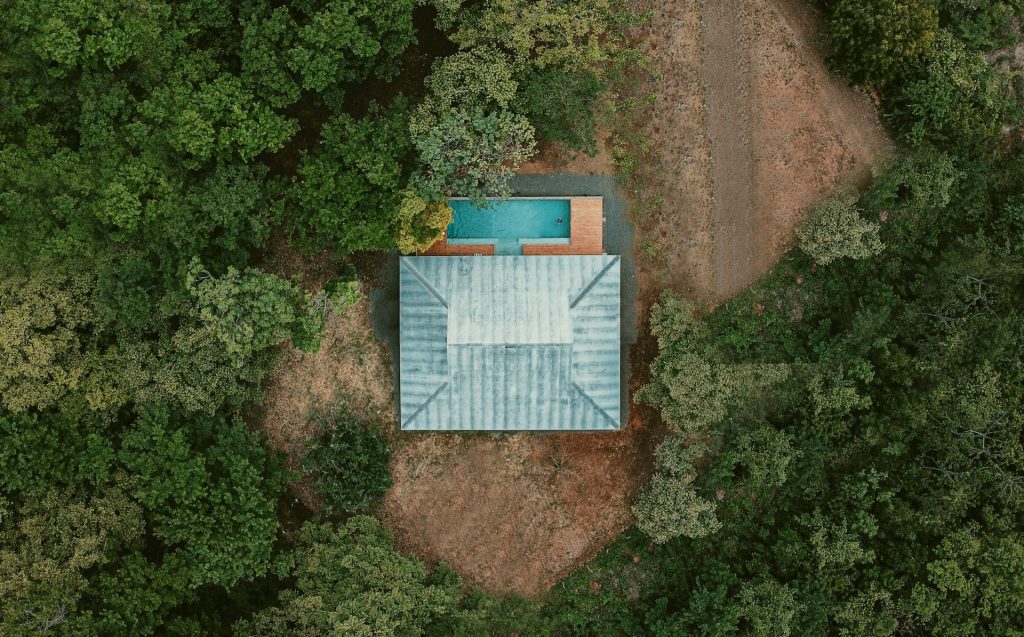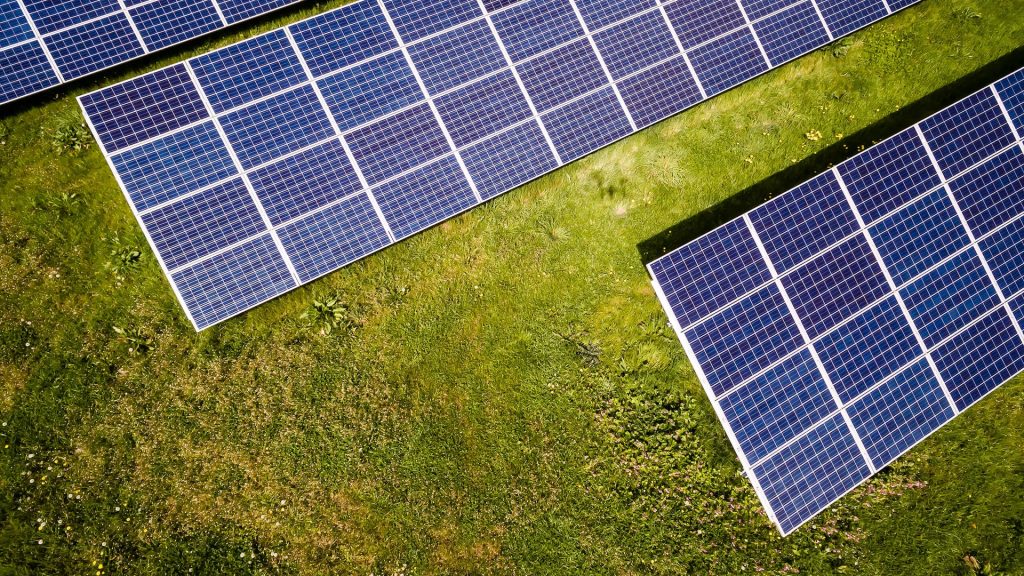In a world dominated by technology, the thought of living without electricity might seem like a distant, improbable scenario. Yet, it’s worth pondering how intricately our lives are woven around the conveniences powered by this invisible force. From the mundane to the extraordinary, electricity shapes our existence, and the idea of parting ways with it raises intriguing questions.

The Unseen Dependence
Electricity silently orchestrates our daily affairs, influencing everything from central heating to clean water. An exploration into living without electricity unveils the profound impact it has on our routines. The modern world, built around the assumption of a steady electrical supply, suddenly appears vulnerable when stripped of its technologically driven essentials.
The Off-the-Grid Lifestyle
While some opt for an off-the-grid lifestyle as a deliberate choice, others around the globe, often involuntarily, live without access to electricity. The off-the-grid pioneers, once considered eccentric, are now growing in number, driven by a desire for eco-friendliness, self-sufficiency, or simply a break from the hustle of modern life.
The Global Electrification Challenge
Despite the progress in connecting remote areas to the grid, millions still live in darkness. The electrification challenge is a complex puzzle, with renewable technologies emerging as key players in bringing light to the darkest corners of the world. Solar power, in particular, proves to be a game-changer, promising a sustainable solution to reduce the number of those living without electricity.

Vulnerability in Darkness
When the lights go out, the vulnerability of a world dependent on electricity becomes apparent. Beyond the inconvenience of navigating darkened streets, the absence of electricity disrupts essential services, leaving individuals and communities exposed to potential dangers.
Compromised Basics: Heating and Water
Two fundamental elements of daily life—heat and water—are compromised without electricity. Gas central heating systems, reliant on electric controls, become dormant. Water, usually delivered by electrically managed systems, poses a challenge even if accessible, necessitating purification before consumption.
The Poll: A Stark Revelation
A poll reveals a staggering revelation: 50% of the public believes they cannot survive for more than two weeks without electricity. The dependence on readily available power is so ingrained that 75% of those polled predict their demise within two months, highlighting the fragility of our interconnected world.
A Growing Trend
The allure of an alternative lifestyle prompts many to explore off-grid living. In the UK and the US, a growing number of individuals choose to detach from the National Grid, seeking independence and reduced energy bills. Off-grid living demands a shift in mindset, offering a chance to unplug from the technologically advanced world and acquire new skills for sustainable living.
Calculating the Cost
Before embracing an off-grid system, calculating energy needs and available resources is crucial. The initial cost of renewable energy systems may be steep, but the promise of self-sufficiency and reduced environmental impact lures homeowners into this transformative journey.
A Beacon in the Dark
While solar power is an obvious choice, its reliance on the grid can render it useless during a power cut. Off-grid solar systems, equipped with large battery banks, emerge as a costly but reliable solution. Wind turbines and hydropower offer additional alternatives, forming a robust renewable energy system.
The Heart of Off-Grid Living: Battery Storage
Batteries lie at the heart of off-grid living, ensuring continuous access to stored energy. As battery storage prices decrease and innovations like Tesla’s Powerwall emerge, the appeal of a self-sustained energy system becomes more compelling.
Heating Without Electricity
Off-grid dwellers turn to alternative heating methods, such as wood-burning stoves, fireplaces, solar thermal, and biomass. These sources not only provide warmth but also serve as essential components of a self-sufficient lifestyle.
Facing the Unthinkable
The notion of life without electricity prompts contemplation. Natural disasters and imminent threats beg the question: are we prepared for the unthinkable? The off-the-grid community stands as a testament that living without electricity is not only possible but can be rewarding with a few adjustments.

As we stand at the crossroads of technological advancement and environmental consciousness, the prospect of living without electricity forces us to reconsider our dependencies. While the majority may not be ready for such a radical shift, the growing off-grid movement suggests that embracing a new normal—one that revolves around sustainable living—is not only feasible but, for some, an enticing reality.





